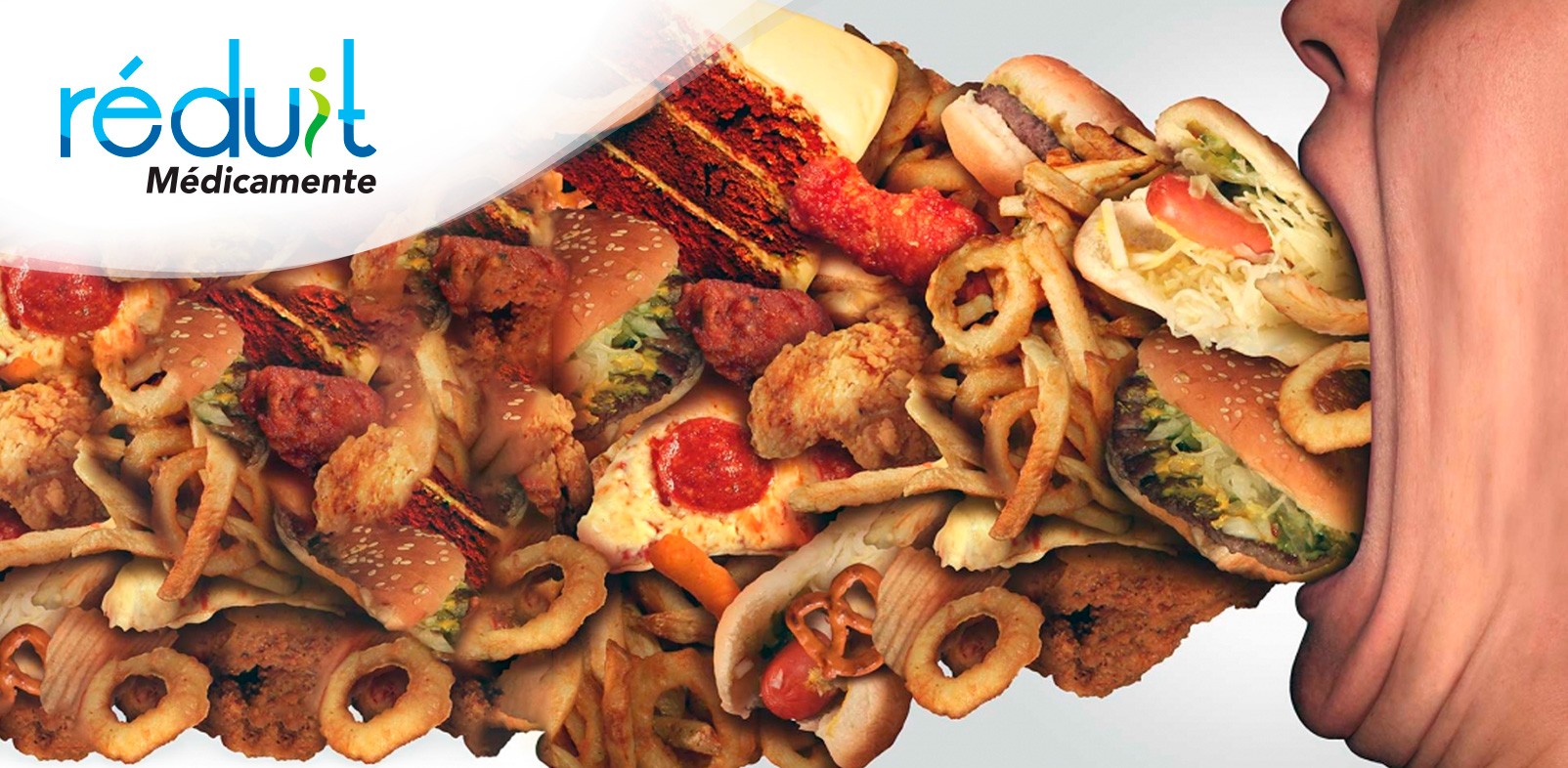
Between 16 and 51 percent of overweight and obese patients presenting for consultation have binge eating disorder. Binge eating is an eating behavior disorder. When they are in the presence of other people, those affected eat little or not at all, but when alone they binge eat, which makes them feel guilty about their lack of control and ashamed of their body weight gain. The patient with AT is not necessarily obese.
So far it is estimated that in Mexico its prevalence is 1.6%, of which 60% are women and 40% men, this makes it a disease, unlike bulimia or anorexia, almost equally common for both sexes, also belong to any socioeconomic level and all ages, although it is more common in adults.
Some personal, social, cognitive and neurological factors can contribute to an emotional dysregulation that produces discomfort and anxiety; consequently, some people seek regulation through food, which provides them with momentary sensations of tranquility, satisfaction and well-being, but then they feel guilty and their frustration rises, and so it becomes a vicious circle.
The AT is not a decision of the patient, it is something more complex than the simple fact of deciding to have it or not to have it, it even implies neuro biochemical alterations at brain level, as well as triggers from the environment such as depression and anxiety, in addition to inconsistent eating patterns. Some have a history of unsuccessful diets, impulsivity problems or conflict in problem solving. Unlike bulimia, where binge eating is also present, the binge eater does not engage in compensatory behaviors such as making themselves vomit; using laxatives, diuretics and enemas; or prolonged fasting or excessive exercise.
At Reduit Medicamente we are committed to your overall health.


